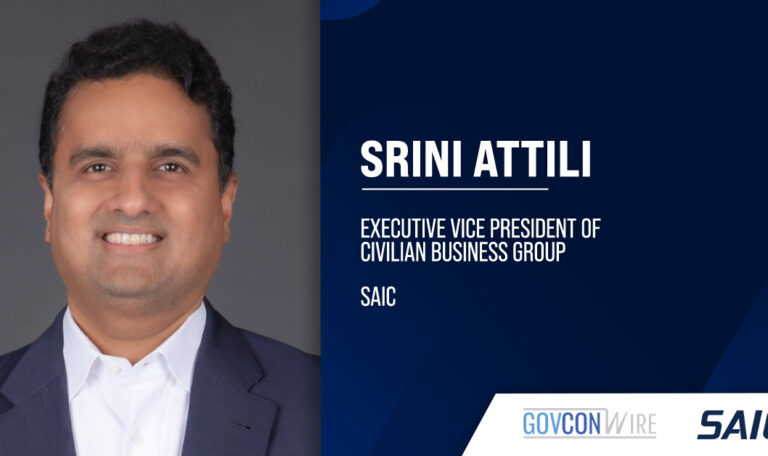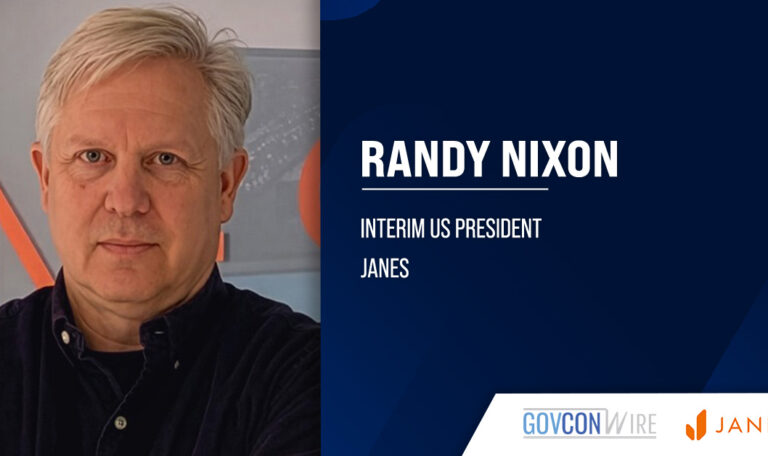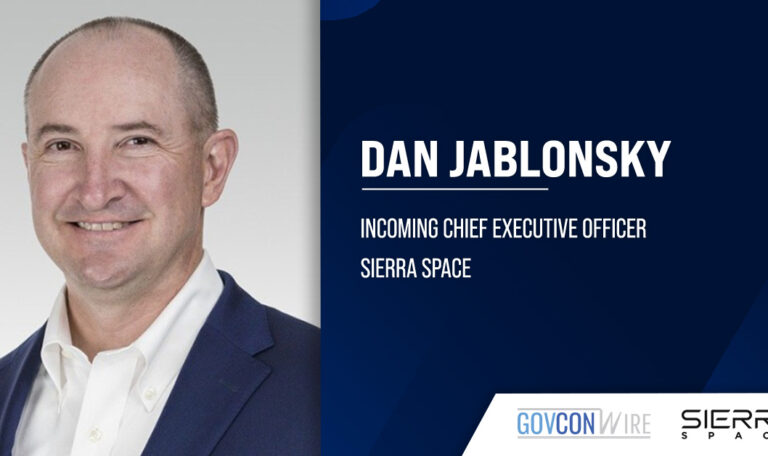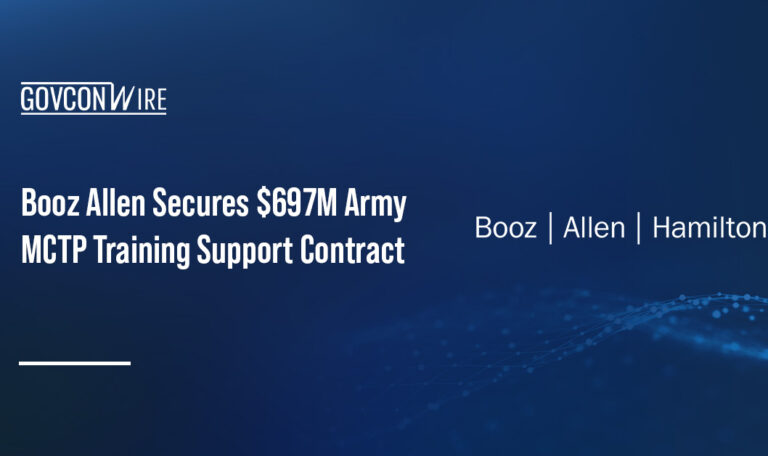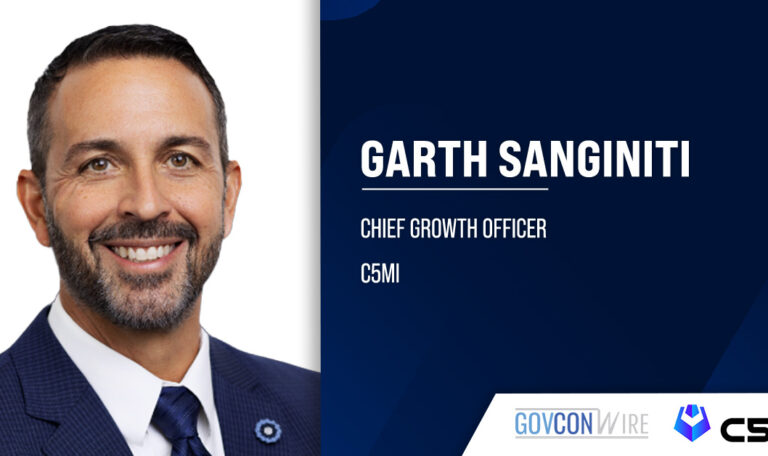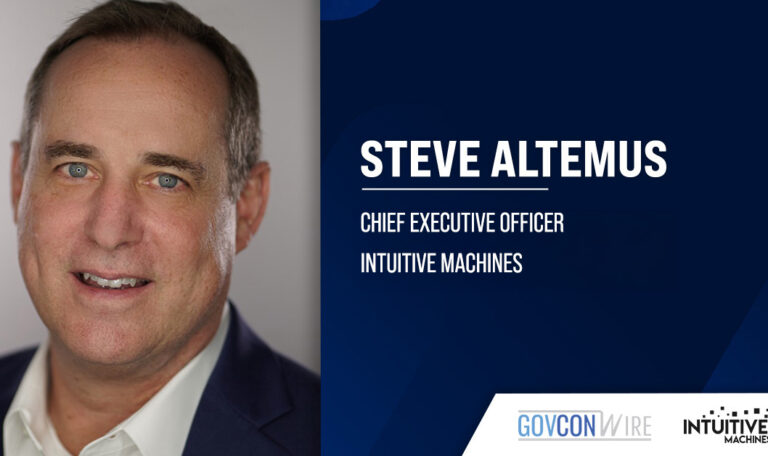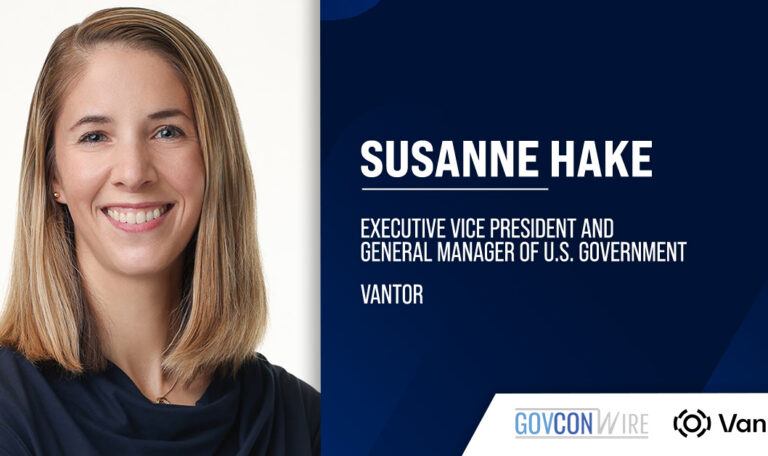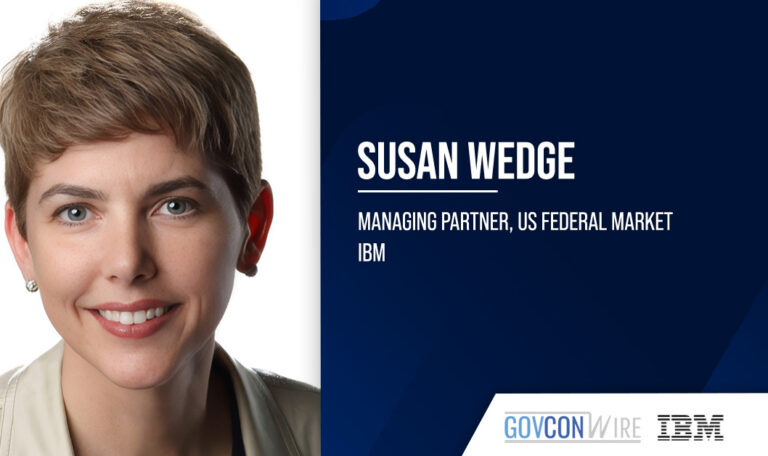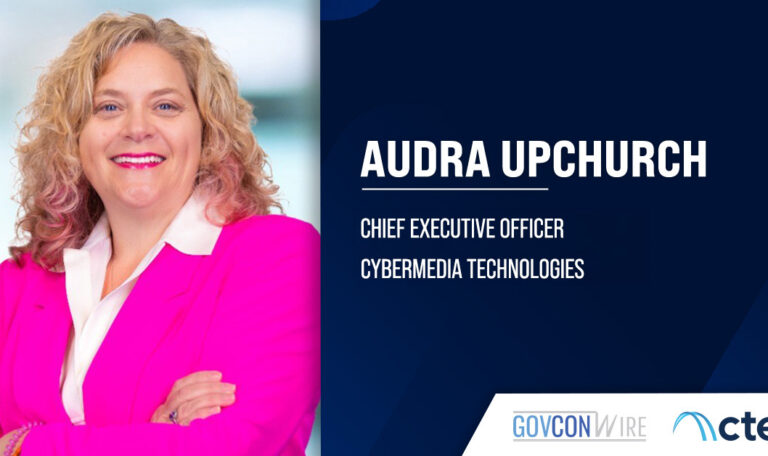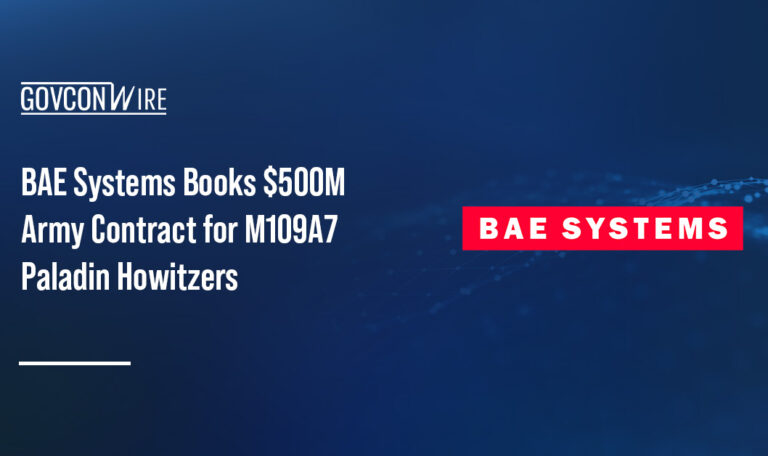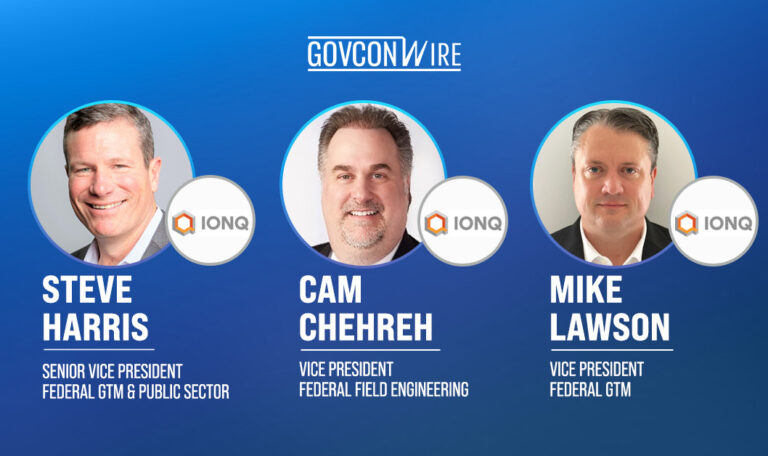Activities in line with President Biden’s recent Executive Order on Catalyzing Clean Energy Industries and Jobs Through Federal Sustainability – which calls for a holistic approach across all federal government agencies to achieve 100 percent carbon pollution-free electricity usage and purchases by 2030 – are underway within the Department of Defense.
The DOD, in conjunction with the General Services Administration, on Thursday issued a request for information on costs and technologies that could advance the department’s environmental and sustainability initiatives.
This news follows the publication of a letter from 28 Congress members last Friday asking President Biden to reverse his decision to exclude DOD activities from the executive order.
Congress members said the exemption weakens the impact of the executive order and prevent the U.S. from delivering on its Paris Climate Agreement contributions.
The letter’s endorsers also called attention to the figure from the December 2021 Federal Sustainability Plan that showed the Defense Department produces a majority of federal government emissions at 56 percent.
“As one of the largest electricity users in the country, the Department of Defense has an opportunity to lead the way in transitioning to carbon pollution-free electricity,” commented Kathleen Hicks, deputy secretary of defense and recent 2022 Wash100 Award recipient.
Hicks added that the RFI sends a “clear signal” that the Defense Department is in fact supporting and complying with the executive order despite its previous exemption of military and defense related emissions.
Carbon pollution-free electricity, or CFE, encompasses sources such as solar, wind and hydropower, nuclear energy and other sources that can capture and store carbon dioxide emissions in the electricity generation process.
Michael McGhee, executive director for climate resilience in DOD’s acquisition and sustainment office, said the request for information encourages industry innovation, which the Defense Department plans to harness in its efforts to achieve clean energy and sustainability goals.
“Utility companies, state regulatory commissions, private energy developers and larger consumers have been creating innovative, market-based approaches for increasing clean power options, and we hope to tap into that creative thinking with this RFI,” said McGhee.

McGhee will speak at the “How Climate Policy Can Drive Change” forum hosted by Executive Mosaic’s Potomac Officers Club. The event, scheduled for Feb. 24, will feature notable environmentally-focused leaders across industry, academia and government who will discuss the role policy can have in climate change resilience and adaptation.
Register now for the Potomac Officers Club’s How Climate Policy Can Drive Change event on Feb. 24.




